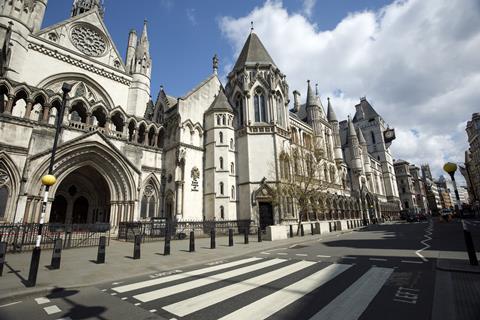A Court of Appeal judgment on translation costs could give lawyers a means of opposing the imposition of fixed costs where access to justice is under threat.
Costs lawyers say they intend to use last week’s ruling in Santiago v Motor Insurers Bureau to argue that certain cases should be exempt from fixed recoverable costs after an extension comes into force in October.
The rules give judges discretion to allocate more complex cases valued at under £100,000 to the multi-track, where fixed costs will not apply. The court will have the power in exceptional circumstances to reallocate a claim, stating that claims should head to the new intermediate track ‘provided there are no additional factors which would make the claim inappropriate’.
That caveat will alert lawyers following Santiago, a case concerning the recoverability of interpreter fees, which Lord Justice Stuart-Smith considered ‘through the prism of access to justice’.

In such cases, the judge said, ‘a broader interpretation is necessary to enable the dispute to be determined by the court in accordance with the overriding objective’.
Lawyers will argue that the preservation of access to justice is exactly the kind of ‘additional factor’ that takes a claim out of fixed costs.
Nick McDonnell, director at costs firm Kain Knight, said: ‘The only thing the court can do if they wish to favour access to justice over [fixed rates costs (FRC)] where there is conflict is to allocate a case to the multi-track based on the vague provision in the new rules of “additional factors” which could literally be anything.
‘The conflict between access to justice and FRC will occur regularly, eventually and the courts will be asked to take cases out of FRC.’ These disputes are not likely to come before the court until mid-2024, McDonnell said.
Sean Linley, senior costs draftsperson with costs consultant Carter Burnett, said allocation hearings will become a ‘fraught battleground’ and the decision may turn on who the judge is on the day.
He said: ‘The difference here is significant, a multi-track case is not fixed costs, whereas an intermediate track case is. It is a recipe for satellite litigation.’
- A Ministry of Justice consultation is inviting views on the new fixed costs regime. It has announced that 'while inflation remains high, we will provide a further exceptional uprating to the FRC figures'.
This article is now closed for comment.



























3 Readers' comments